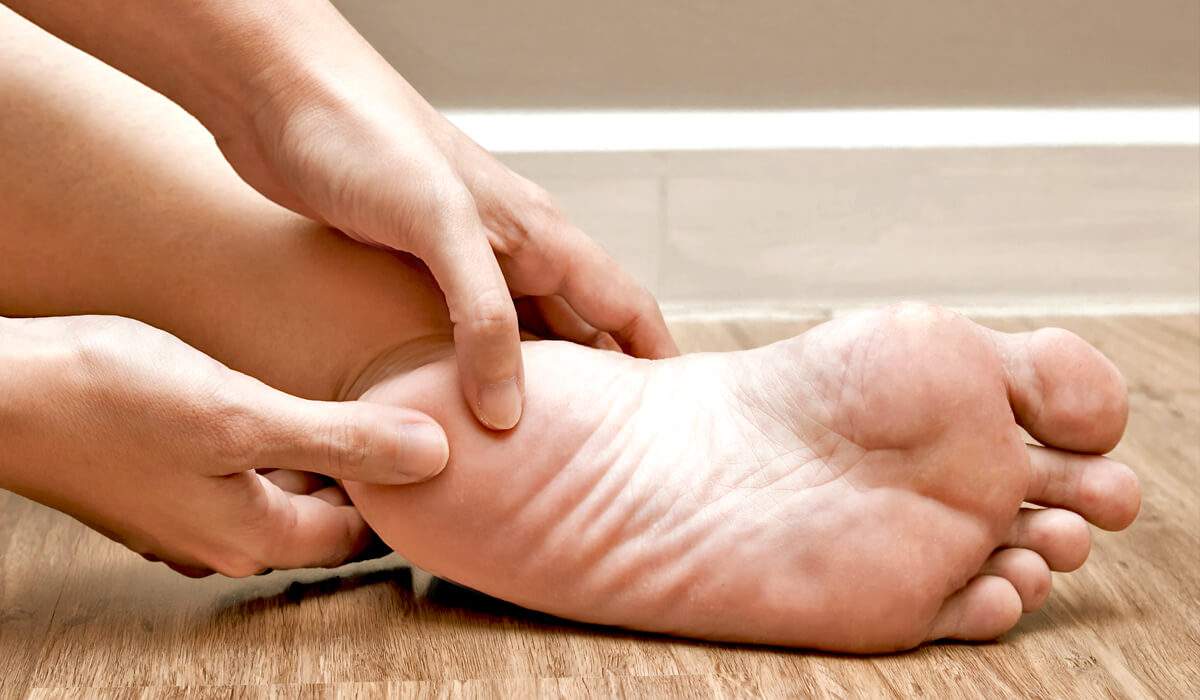It’s normal to think that any cuts, blisters or sores will heal. If you do a some cleaning and attention your body can recover itself. If a wound doesn’t heal within 4 to 6 weeks, or becomes redder, swollen and leaking fluid or has a bad odor, this is a sign that there’s something more serious going on. Sometimes, a sore that starts small can become a non healing foot ulcer or leg wound, and if left untreated, these can lead to serious complications, even amputation in extreme cases.
If you’ve been putting off getting help and watching a sore that won’t heal, it might be time to put down the wait and seek out help.

What causes some wounds to refuse to Heal
There are a variety of reasons why wounds don’t heal, and understanding them can assist you (and your physician) determine the best way to treat it.
If you’re suffering from diabetes the chance of developing leg and foot ulcers is high. The high blood glucose levels could harm nerves and create impossible to feel the injuries. They also affect the flow of blood.
Another reason is a lack of circulation, usually related to arterial or venous ulcers. If your arterial arteries aren’t performing their job, you will not get enough oxygen and nutrients for your skin’s healing.
There is also the possibility of developing bedsores (pressure ulcers) if you have mobility problems. Bedores are another kind of injury that could be extremely stubborn if not treated appropriately.
The speed of healing can be affected due to other causes, such as age, certain medications an autoimmune disease, or poor nutrition. Sometimes it’s the combination of all these elements that lead to an injury to not heal.
How long should healing be expected to take and what happens if it does not?
It’s normal to be concerned about how long healing “should take”. Actually, the amount of time required to heal varies based on your health condition and the type the wound. Minor blisters or cuts may heal in a couple of weeks. If you’re suffering from deep foot ulcers or leg wounds aren’t healing it may take up to 12 weeks if things are going well.
The important thing to remember is that if you’re not experiencing any improvement in four to six weeks, don’t put off treatment. It’s the right time to seek the help of a professional. The longer a wound remains open and is left untreated, the more dangerous it is likely to turn out to be.
Find the best help for you
Your body isn’t telling you it requires your help because it doesn’t want to heal. The good news? There are experts and treatments which can make a significant difference. At our clinic we treat injuries to the legs that are not healing and foot ulcers. We partner with other health professionals to develop a customized plan that aids in healing your body.
We have solutions for high-end wound dressings, blood flow restoration, and even hyperbaric therapy. We’ll be with you throughout the process, as we believe that no one should ever have to deal a wound which won’t heal.
Final Thoughts
The effects of a laceration that doesn’t heal aren’t only physical. They impact your entire life. But there’s the possibility of healing. If you’re exhausted of dealing with a leg ailment that won’t heal, an open sore that doesn’t heal or a painful foot ulcer, don’t be afraid to ask for help. The faster you seek help then the quicker you’ll start living the life you desire without the constant stress and discomfort of a wound that isn’t healing.